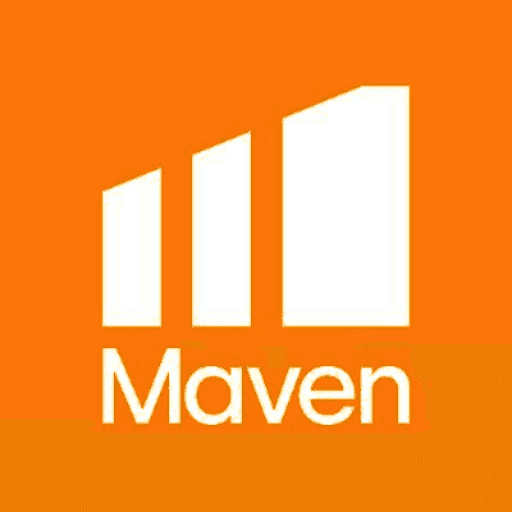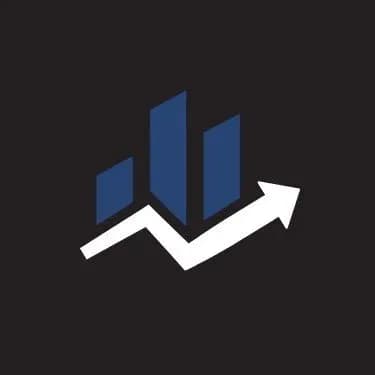Everything You Need to Know About Prop Firms in 2024

Everything You Need to Know About Prop Firms in 2024
8/18/2024
Back in the early days of trading, people would save up their own money, carefully manage their trades, and either reap the rewards or suffer the losses on their own. The trading world was a high-risk, high-reward environment, and your success depended entirely on your own capital and skills. But everything changed in 2012 when prop firms entered the scene and revolutionized the way trading was done. In this article, we'll dive into everything you need to know about prop firms, from what they are to how they operate, and why they've become so popular among traders.
What is Prop Firm Trading?
Prop firm trading is a unique concept that allows traders to access capital without having to risk their own money. Instead of using personal savings, traders can "buy" capital from a prop firm, which they then use to trade in the markets. The idea is simple: you pay a fee to gain access to a certain amount of capital, and any profits you make can be withdrawn after giving the firm a share of the earnings.
This approach offers a significant advantage—traders can trade almost risk-free since the prop firm bears the losses if things go south. However, the profits are split, with the firm taking a small percentage as their share. This setup has made trading more accessible to those who may not have large amounts of capital but have the skills and knowledge to trade effectively.
How Prop Firms Work
Prop firms operate on a straightforward business model. They offer traders the opportunity to buy capital and trade with it, usually after passing an evaluation process. Here's how it generally works:
- Buying Capital: Traders purchase access to a specific amount of capital from the prop firm. This is typically done by paying a fee, which varies depending on the firm and the amount of capital desired.
- Trading: Once the trader has access to the capital, they can start trading. The profits made are split between the trader and the prop firm according to a pre-agreed percentage.
- Risk Management: One of the key benefits of prop firm trading is that the firm bears the risk of losses. If a trader loses money, the firm absorbs the loss, protecting the trader's personal finances.
Are Prop Firms Regulated?
The regulation of prop firms is currently in a gray area. While they are not regulated as financial institutions, prop trading is not illegal either. This means traders are free to engage with prop firms, but they should be aware of the risks involved.
One aspect where regulation does come into play is the relationship between prop firms and brokers. Brokers are typically fully regulated, which adds a layer of security. Some prop firms also position themselves as companies, which could bring them under certain regulatory frameworks, providing additional safety and security for traders.
Do Prop Firms Use Real Money?
In the early days of prop firms, companies like Audacity Capital and Topstep provided real money for trading. Even today, a few firms still offer real capital, but the trend has shifted towards simulated funded accounts. These are basically demo accounts that allow the firm to check a trader's skills before providing real money.
Traders who consistently show profitability can eventually gain access to real capital, but this is typically only after passing rigorous evaluations.
Do Prop Firms Use the A-Book Model?
Yes, prop firms do use the A-Book model, but it's usually reserved for traders who consistently make profits. The A-Book model involves the prop firm copying the trades of successful traders in exchange for a share of the profits.
However, it's important to note that the B-Book model, where the firm trades against the trader, is becoming more popular. This is because statistics show that over 90% of traders fail their phase 1 evaluation, and 95% fail phase 2. The B-Book model allows prop firms to profit from these failures.
Do Prop Firms Actually Payout?
Yes, prop firms do pay out traders for the profits they make. For example, reputable firms like FTMO have paid out over $190 million, Audacity Capital has paid $24 million, and The5ers has paid over a million dollars. However, it's crucial to choose trustworthy prop firms, as some newer or less reputable firms may delay or even deny payouts.
How Do Prop Firms Make Money?
Prop firms have few ways to make money :
- Challenge Accounts: The primary income source comes from selling challenge accounts. Since 90% of traders fail these challenges, the firm doesn't have to pay out, and the fee collected becomes pure profit.
- Profit Splits: For traders who pass the challenge and start making profits, the prop firm takes a small cut, usually between 5% and 25%.
- Copying Trades: For consistently profitable traders, the firm may offer a deal where they copy the trader's trades in the real market and share the profits.
How Many Prop Firms Exist?
There are over 300 prop firms listed on TheTrustedProp, with estimates suggesting there could be as many as 400 globally. The number of prop firms has grown alongside the increasing number of traders, reflecting the popularity and demand for this trading model.
How Many People Fail Prop Firm Challenges?
The failure rates for prop firm challenges are high. Around 70% to 90% of traders fail their phase 1 challenges, and 95% fail in phase 2. This high failure rate is due to the strict rules and the difficulty in consistently making profits, which is what prop firms are looking for.
How Long Have Prop Firms Been Around?
Prop firms have been around for over a decade, 12 years If we have to accurate. The first prop firms, such as Audacity Capital and Topstep, started in 2012. Since then, the industry has seen the rise of major players like FTMO and The5ers, which launched in 2015 and 2016, respectively.
Advantages of Trading with Prop Firms
Trading with prop firms offers several advantages:
- Access to Capital: Traders can access large amounts of capital without needing to invest their own money.
- Reduced Personal Financial Risk: Since the prop firm absorbs losses, traders don't have to worry about losing their personal savings.
- Professional Growth Opportunities: Prop firms provide a platform for traders to hone their skills and potentially turn trading into a full-time career.
Challenges of Prop Firm Trading
Despite the benefits, there are also challenges:
- Strict Rules and Evaluation Processes: Prop firms have stringent rules, and the evaluation process can be tough, making it difficult to qualify for real money accounts.
- Psychological Pressures: The pressure to perform can be intense, leading to stress and potential burnout.
- Risk of Non-Payment: Some firms may delay or refuse payouts, especially if they are new or not well-established.
Conclusion
Prop firms have revolutionized the trading world by providing access to capital and reducing personal financial risk. However, they also come with challenges, including strict evaluation processes and the potential risk of non-payment. By understanding how prop firms operate and carefully selecting the right one, traders can leverage these firms to enhance their trading careers.
You may also like
The5ers Payout Rules, Profits & Withdrawals (2026 Guide)
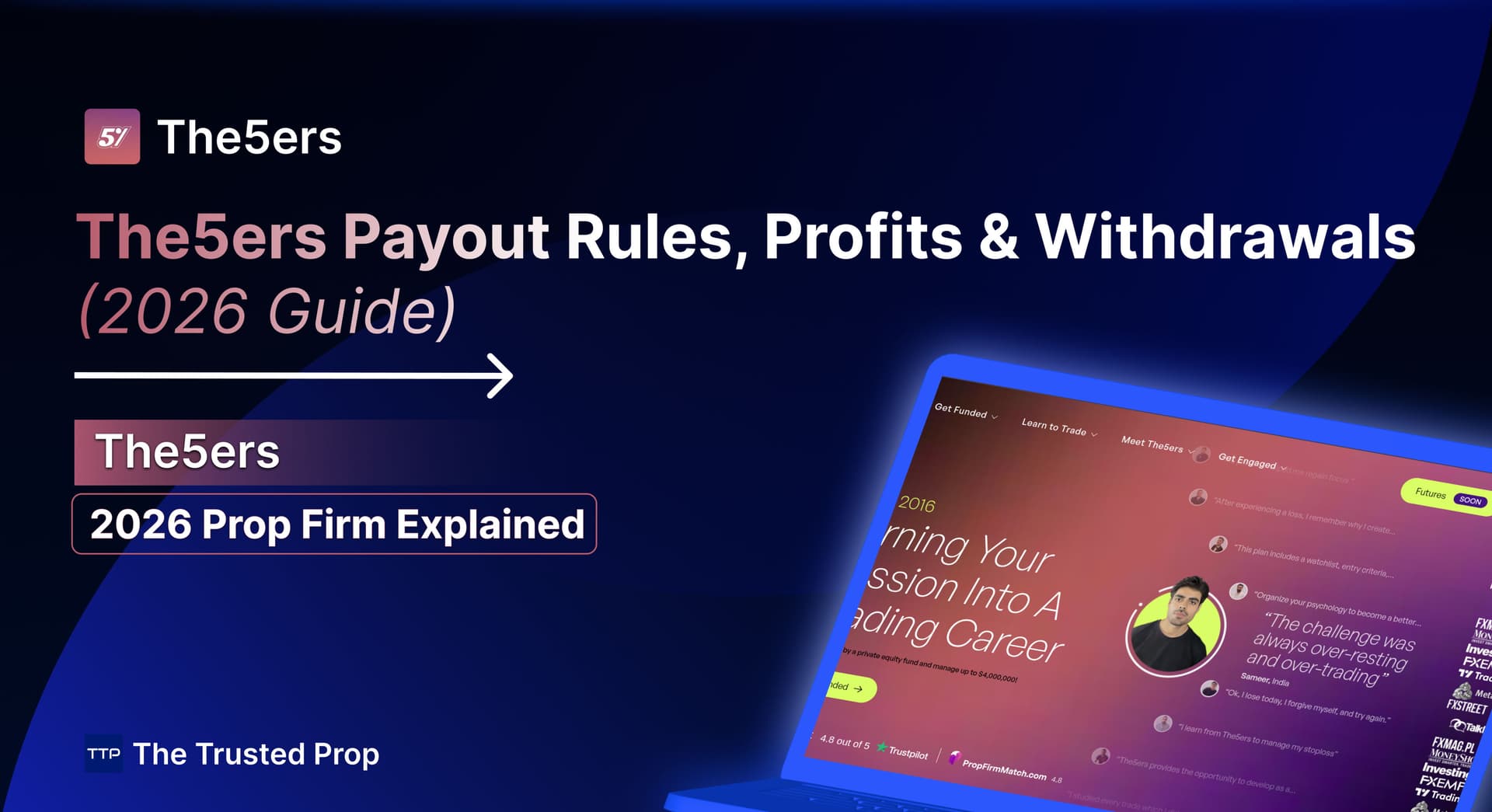
Goat Funded Trader Instant Goat Account Explained (2026)
.jpg&w=1920&q=75)
Goat Funded Futures Rules for Challenge and Funded Phase (2026)
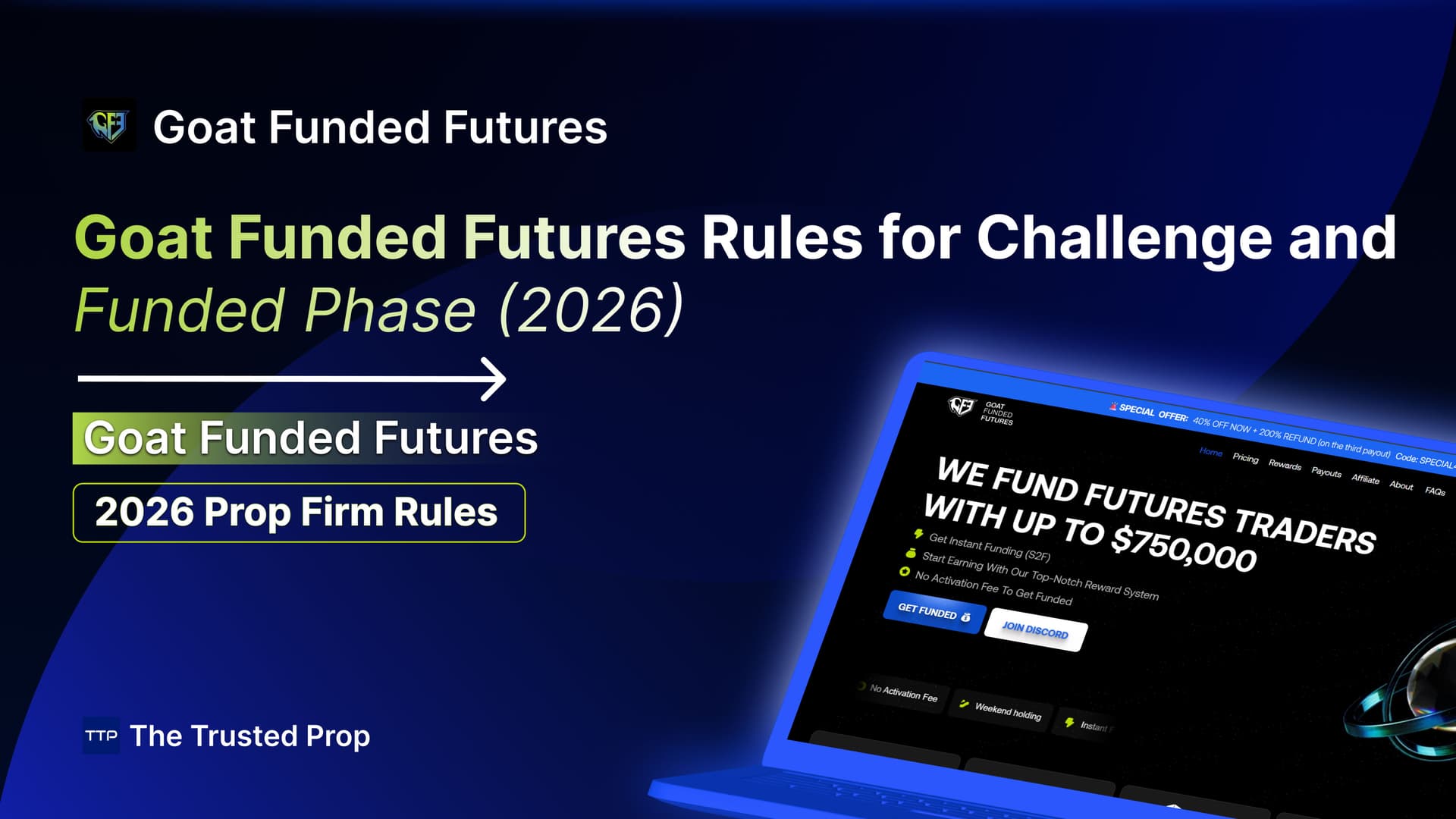
My Funded Futures Flex Challenge Explained (2026 Guide)
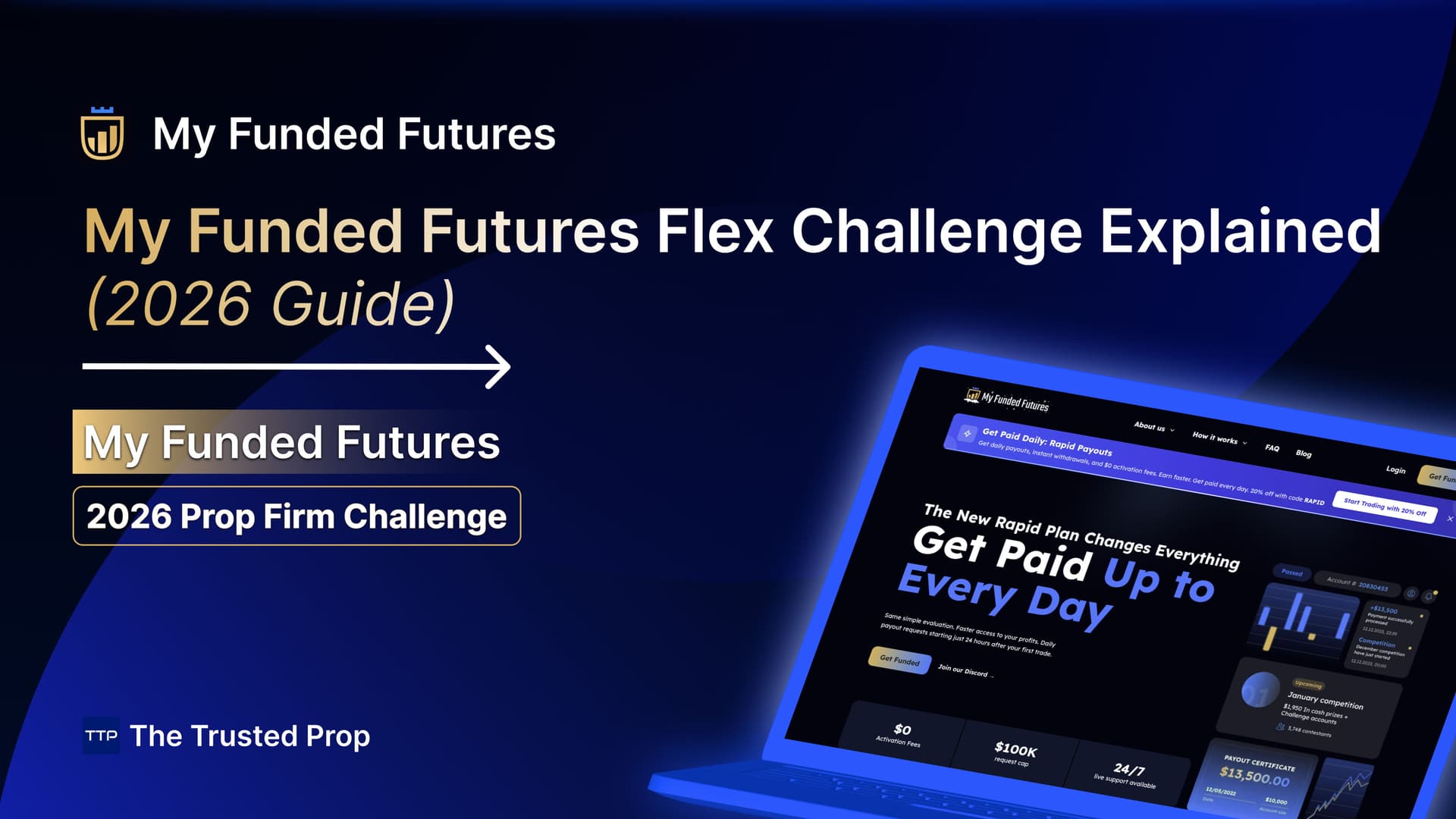
Moneta Funded Detailed Review 2026: Our Honest Verdict
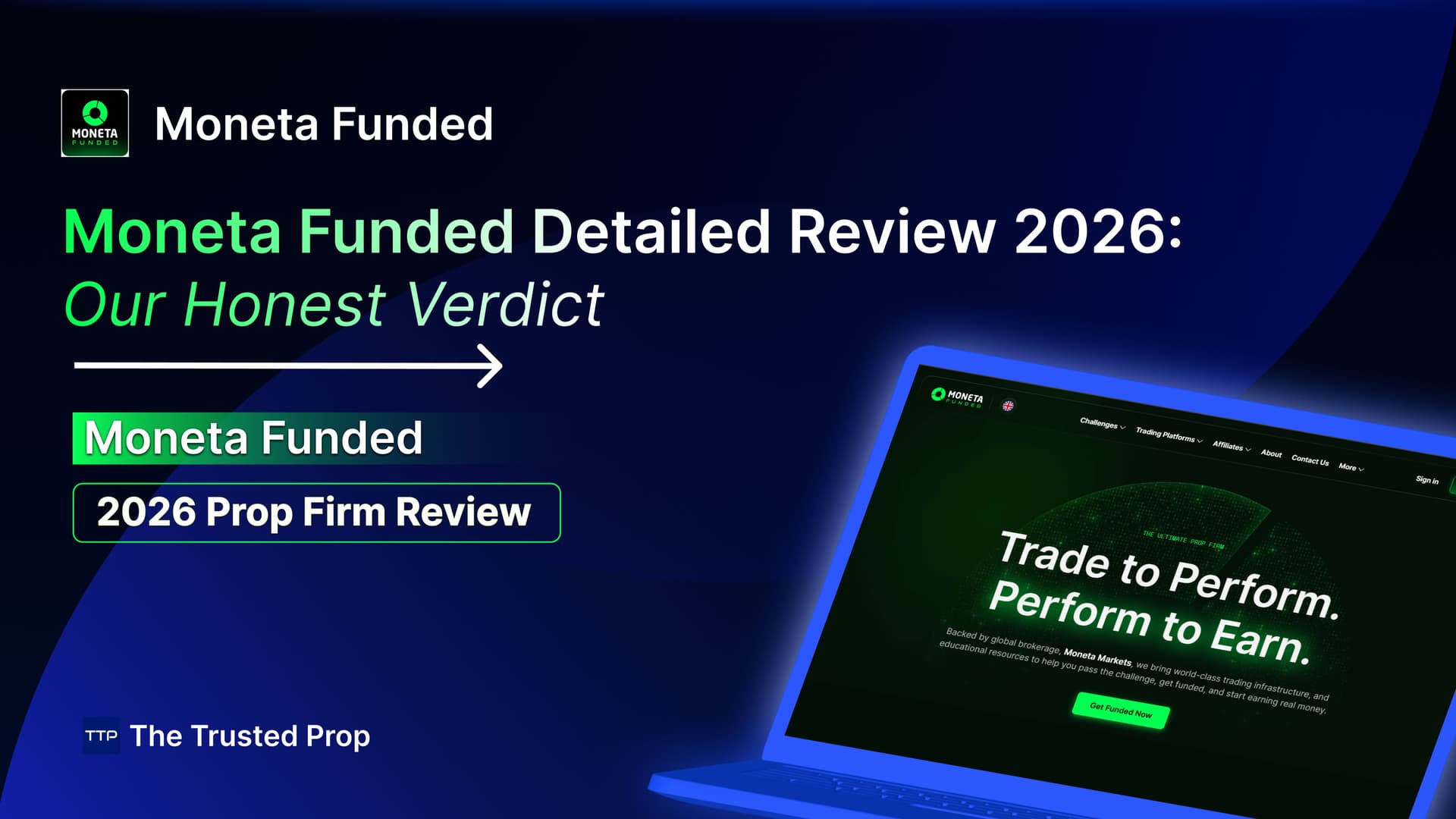
Evercrest Funding Detailed Review 2026: Our Honest Verdict
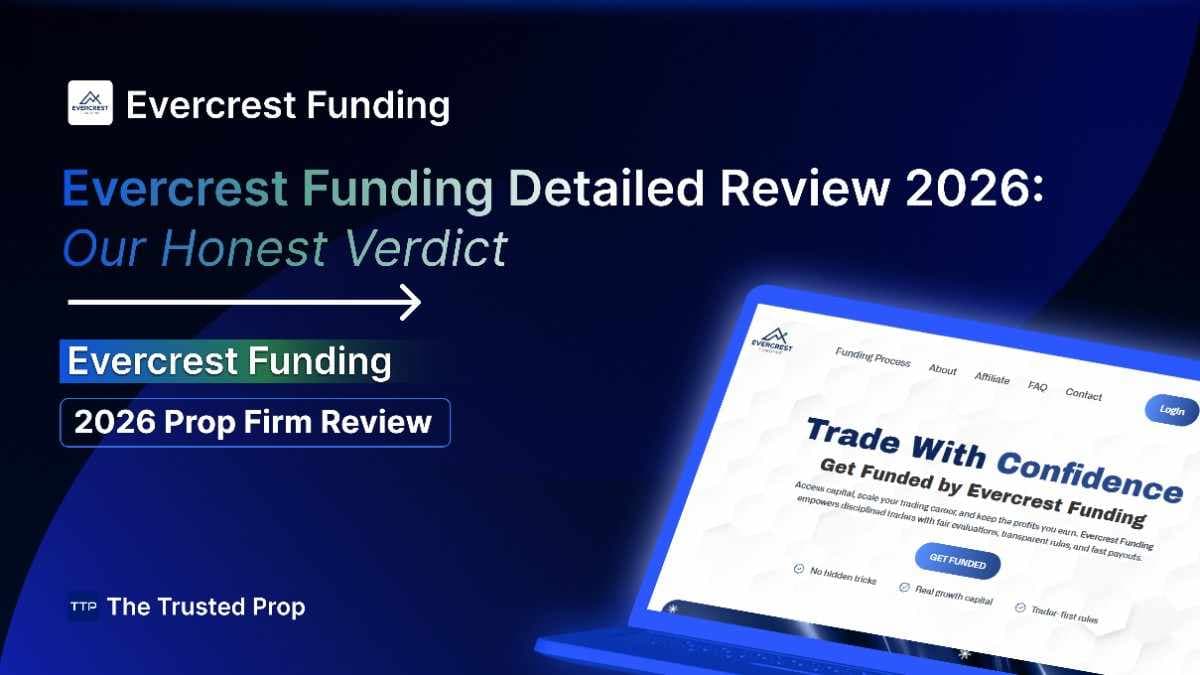
Breakout Prop Detailed Review 2026: Our Honest Verdict
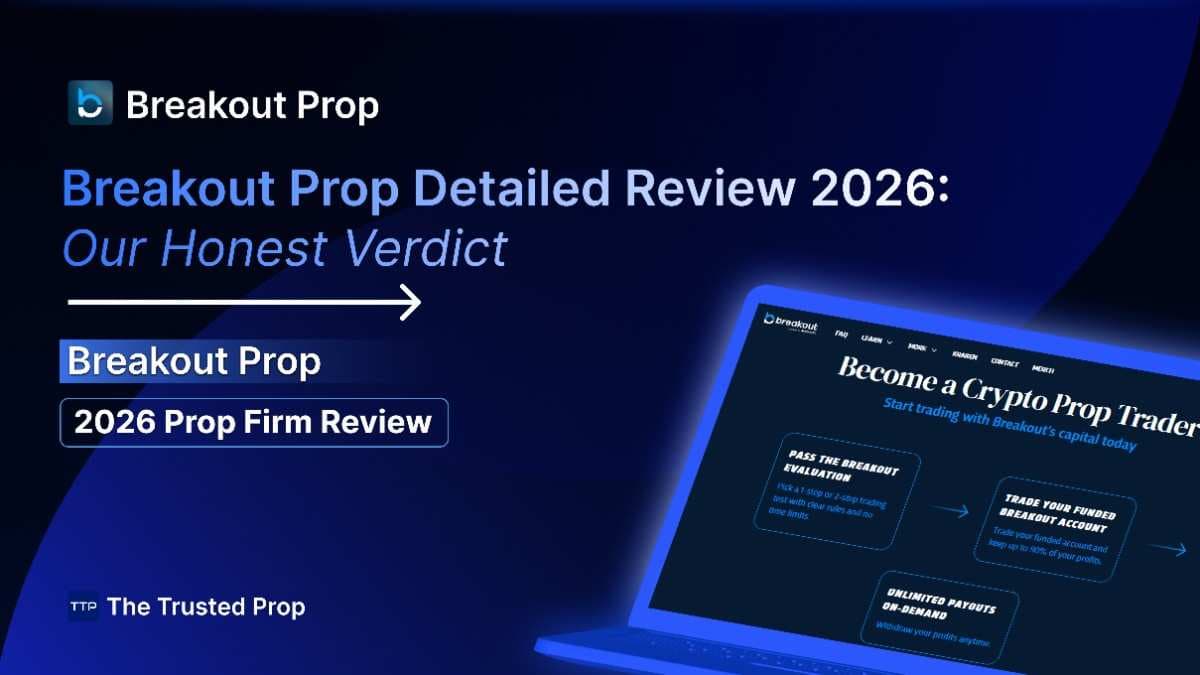
No FAQs are available for this topic yet.


